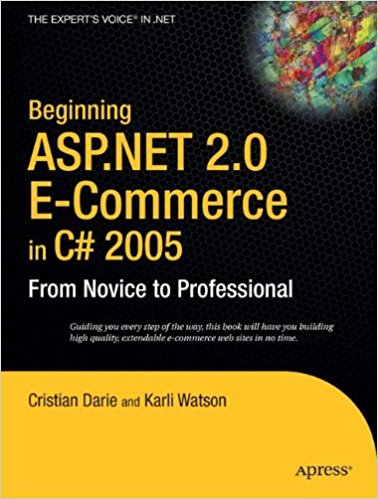Building Robust E-commerce Platforms with ASP.NET Core and C#
Introduction
The e-commerce landscape is booming, with businesses of all sizes leveraging online platforms to reach a wider audience. ASP.NET Core, a powerful open-source web development framework from Microsoft, combined with the versatility of C#, provides an exceptional foundation for building robust and scalable e-commerce solutions. This white paper delves into the key advantages of using ASP.NET Core for e-commerce development, explores essential functionalities, and offers best practices for building successful online stores.
Why ASP.NET Core for E-commerce?
- Performance and Scalability: ASP.NET Core offers excellent performance and scalability, making it suitable for high-traffic e-commerce websites that need to handle large volumes of transactions.
- Security: Built-in security features help protect against common web threats like SQL injection and cross-site scripting (XSS).
- Rich Ecosystem: A thriving developer community and extensive ecosystem of libraries and tools provide a wealth of resources for e-commerce development.
- Cross-Platform Compatibility: Develop and deploy applications across Windows, macOS, and Linux environments.
- Model-View-Controller (MVC) Architecture: Promotes clean separation of concerns and simplifies code organization and maintainability.
Essential Functionalities for E-commerce Platforms
- Product Management: Create, edit, and manage product information, including descriptions, images, pricing, and inventory.
- Shopping Cart and Checkout: Allow customers to add products to the cart, calculate shipping costs, and process secure payments.
- Customer Accounts and User Management: Enable user registration, account management, and order history access.
- Order Management: Track orders, process payments, and manage returns and refunds.
- Content Management System (CMS): Manage website content like product descriptions, blog posts, and landing pages.
- Search and Filtering: Facilitate product search and filtering based on various criteria to improve user experience.
Best Practices for Building ASP.NET Core E-commerce Applications
- Security: Implement robust security measures like user authentication, authorization, and data validation.
- Performance Optimization: Optimize code and leverage caching mechanisms to ensure fast loading times.
- Responsive Design: Ensure the website adapts seamlessly to different screen sizes for a positive user experience on all devices.
- SEO Optimization: Implement SEO best practices to improve website ranking in search engines.
- Payment Gateway Integration: Integrate secure payment gateways for secure payment processing.
- API Design: Design well-documented APIs to enable future integrations and mobile app development.
- Unit Testing: Implement unit testing to ensure code quality and maintainability.
Additional Considerations
- E-commerce Frameworks: Explore open-source e-commerce frameworks built on ASP.NET Core, such as nopCommerce or Orchard Core, to accelerate development.
- Cloud Deployment: Consider deploying your e-commerce application on Azure for scalability, security, and global reach.
- Third-Party Integrations: Integrate with marketing automation tools, CRM systems, and other relevant solutions.
Conclusion
ASP.NET Core, coupled with C#, empowers developers to build secure, scalable, and feature-rich e-commerce platforms. By combining its robust features with best practices and a focus on user experience, you can create e-commerce websites that drive sales and customer satisfaction.
References
- Microsoft ASP.NET Core Documentation: https://www.nopcommerce.com/en (Open-source e-commerce platform)
- Orchard Core: [https://orchardcore.net/](Open-source content management system)
By leveraging the insights and resources presented here, you can embark on a successful journey towards building a thriving e-commerce platform with ASP.NET Core and C#.



